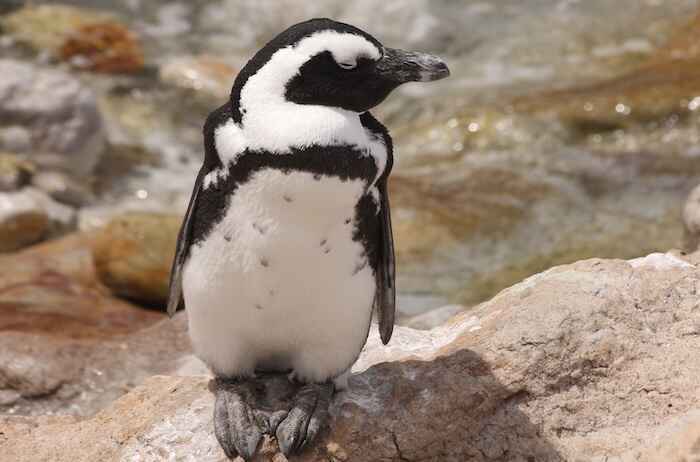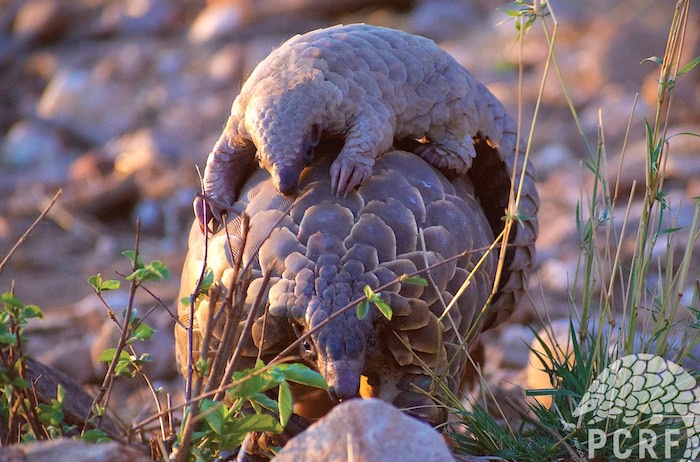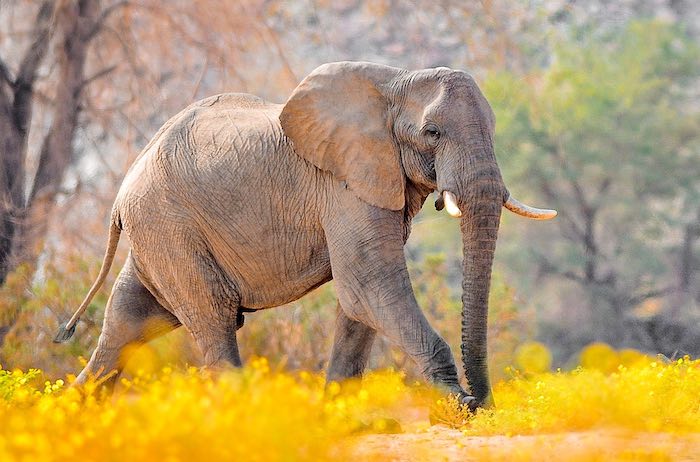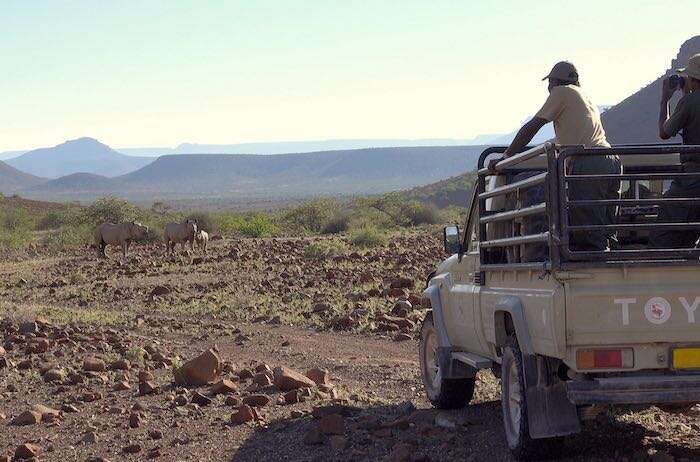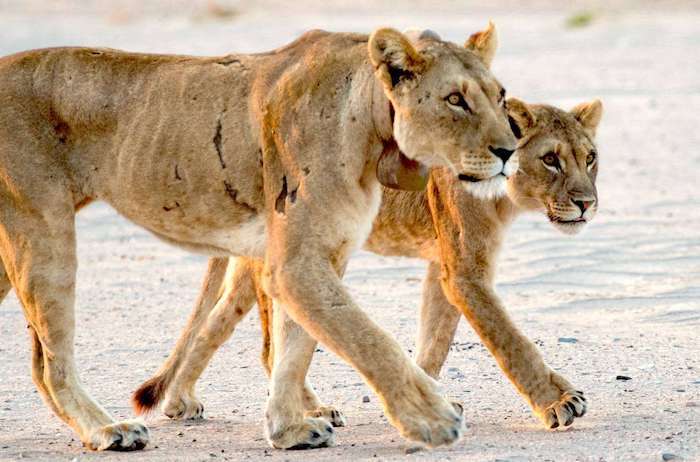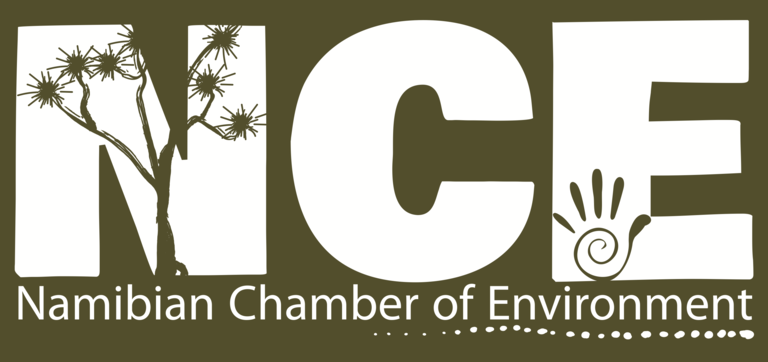
It’s Time To Grow
Mainstreaming Education for Sustainable Development in Namibia
By Viktoria Endjala
NaDEET Centre Manager
9th August 2019
Education for Sustainable Development is about enabling all people to constructively and creatively address present and future global challenges and thereby create more sustainable and resilient societies. This approach is not limited by age; children and adults alike can participate, and it should be mainstreamed in all levels of learning and teaching.
Education for Sustainable Development has been emphasised at the international level through the adoption of the Sustainable Development Goals by world leaders at a United Nations Summit held in New York in 2015. Specifically, Quality Education (Goal 4) aims to ensure that all learners acquire the knowledge and skills needed to promote sustainable development, including, among others, through education for sustainable development and sustainable lifestyles
. Furthermore, this is a cross-cutting theme in the Namibian national curriculum.
The Namib Desert Environmental Education Trust (NaDEET) offers Education for Sustainable Development through several projects managed from its centres on the NamibRand Nature Reserve and in Swakopmund. NaDEET’s environmental literacy project is aimed at promoting and encouraging environmental learning at different levels in education. This is done through the production of a variety of environmental learning materials.
One of the booklets − It’s Time to Grow – is written for young children just entering school. Developed in 2013, this booklet was originally meant to be used as a child’s environmental learning pack at home. In practice, however, it was primarily used in a school setting. We consequently received feedback that the booklet was too small for use in the classroom, as teachers reported that they “could not use it with many children”. Another issue for many teachers was that it was written only in English.
A Quality Education Platform hosted jointly by the University of Namibia and UNESCO focusing on Education for Sustainable Development and mother tongue instruction in schools inspired NaDEET’s Director to translate and reconceptualise our It’s Time to Grow booklets. The new project also aimed to integrate various components of NaDEET’s work to improve the overall impact. As part of our new approach we trained lower primary school teachers in Education for Sustainable Development concepts and invited them to translate the booklet series into their own mother tongues. This doubled our impact by increasing teacher ownership over the environmental literacy material.
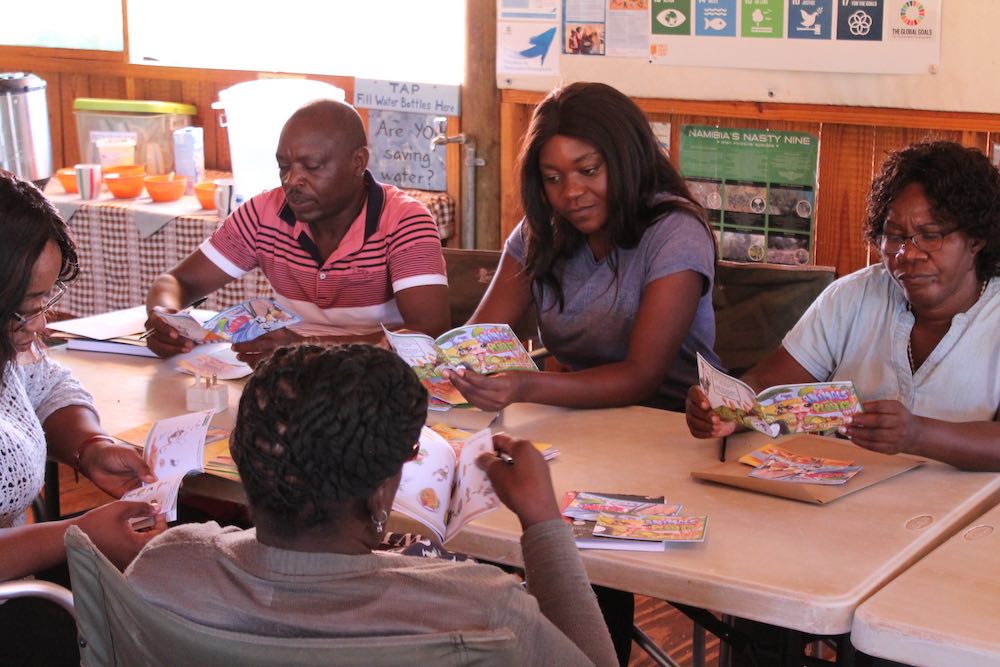
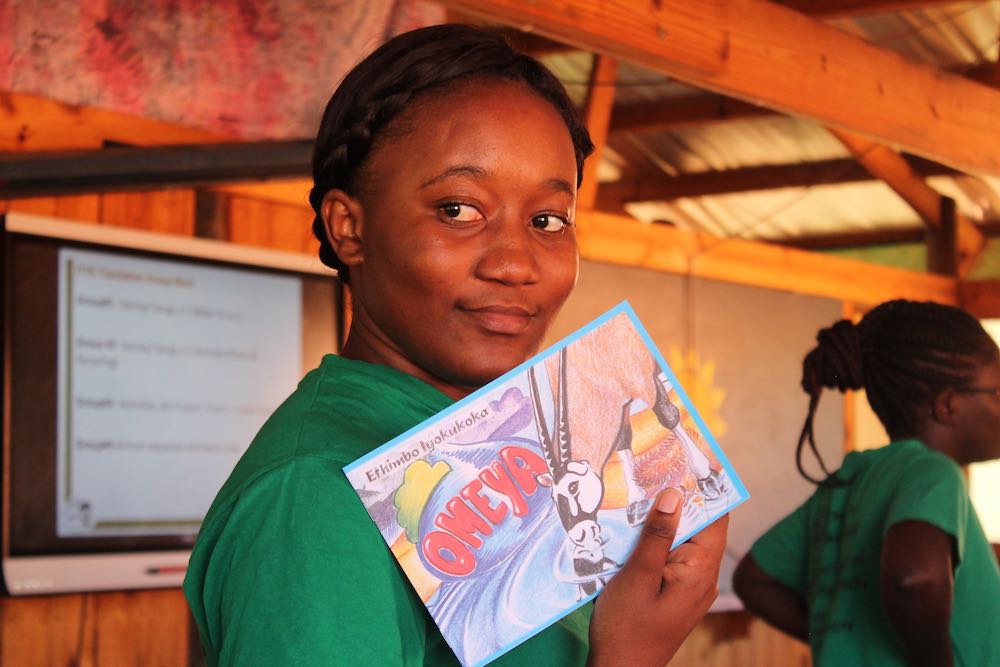
Sixty teachers nationwide participated in one of three of our training workshops in 2017, during which time they translated the booklets into Oshindonga, Otjiherero and Khoekhoegowab. It’s Time to Grow comprises four booklets. They cover themes of Water, Sun, Animals & Plants and Recycling to ensure that teachers and learners incorporate these themes in teaching and learning, thus enabling learners to practice sustainability at a young age.
Combining translation of the booklets with the workshops helped build capacity among lower primary teachers to teach their learners the Environmental Studies curriculum in their respective languages. Overall it was an empowering experience, as participants not only learnt about how to practice sustainability, but also broadened their vocabulary for teaching about sustainability their own languages. During translation it became clear that a concept such as recycling is not used in everyday conversation in many local languages. Therefore it was important that the teachers not only translated but also learnt in depth what these concepts mean.
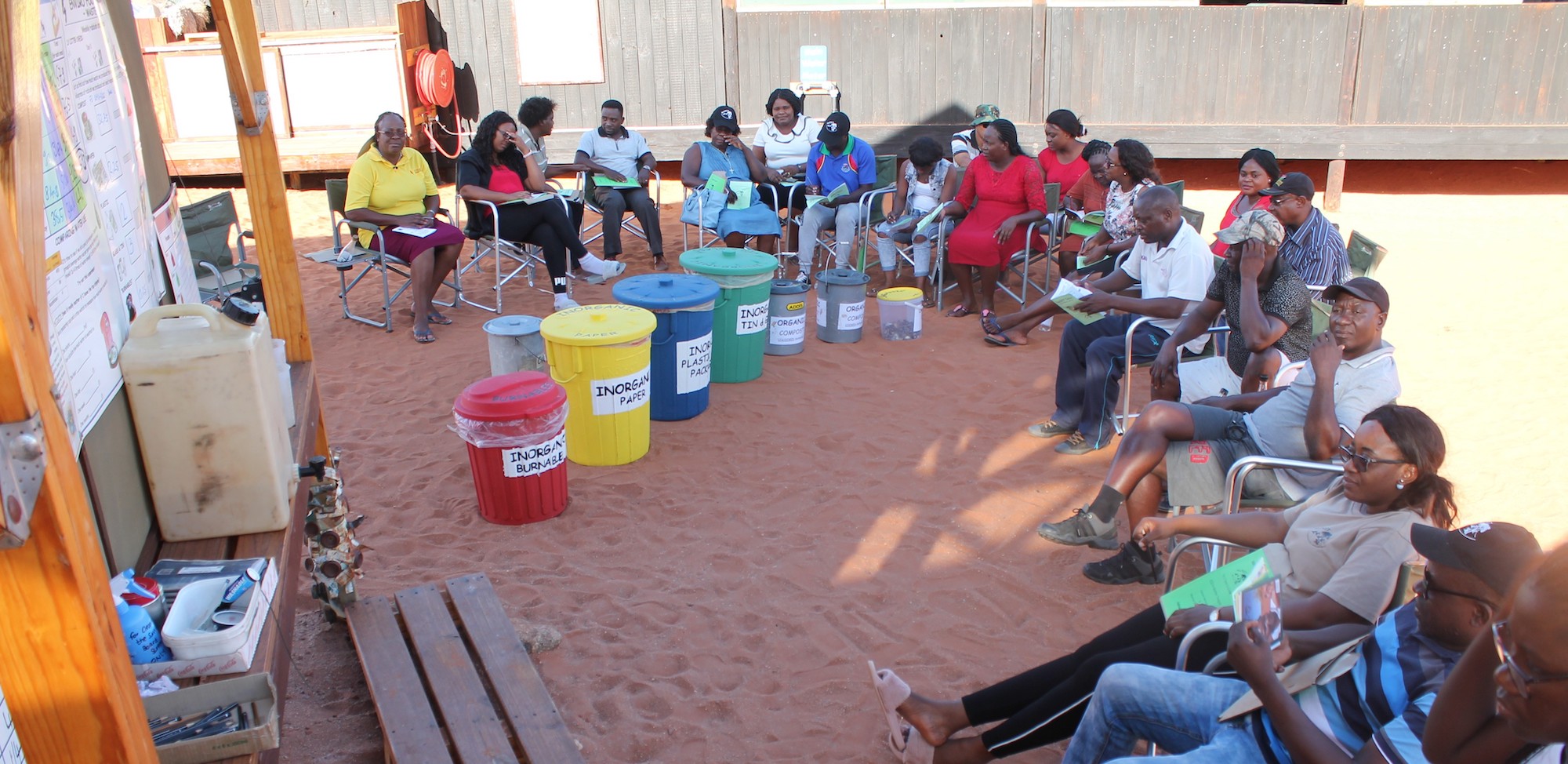
After the first phase of the project teachers were able to:
- Incorporate stories from their own cultures in the booklet.
- Produce a teacher’s A4 ‘big book’ and convert the children’s copies into an A5 format.
- Create 4 ‘Memory’ card games directly linked to the booklets.
With new funding from Brot für die Welt and additional support from the Ministry of Education, we expanded the project in 2019 by another two local languages, Rukwangali and Silozi, as well as English. Two multi-day workshops were hosted during this second phase with 40 pre-primary and lower primary teachers, advisors and lecturers, who were introduced to the practical application of sustainability at the NaDEET Centre. Topics included waste management, water saving methods and sustainable energy. After the workshop a participant exclaimed: “I never knew a chance like this would reach me, where I would use my language to teach children about the environment”.
Through this project we aim to change the way people think and empower them to work towards a sustainable future. It’s Time to Grow helps reach this goal using mother tongues. It allows children to combine learning about numbers, shapes and colours in the lower primary curriculum with environmental topics. Learners acquire knowledge and develop skills in recycling and water saving, the importance of energy as well as personal growth through storytelling, games and puzzles. Furthermore, this material uses local examples and artwork that learners can relate to while being made aware of important aspects of sustainable development.
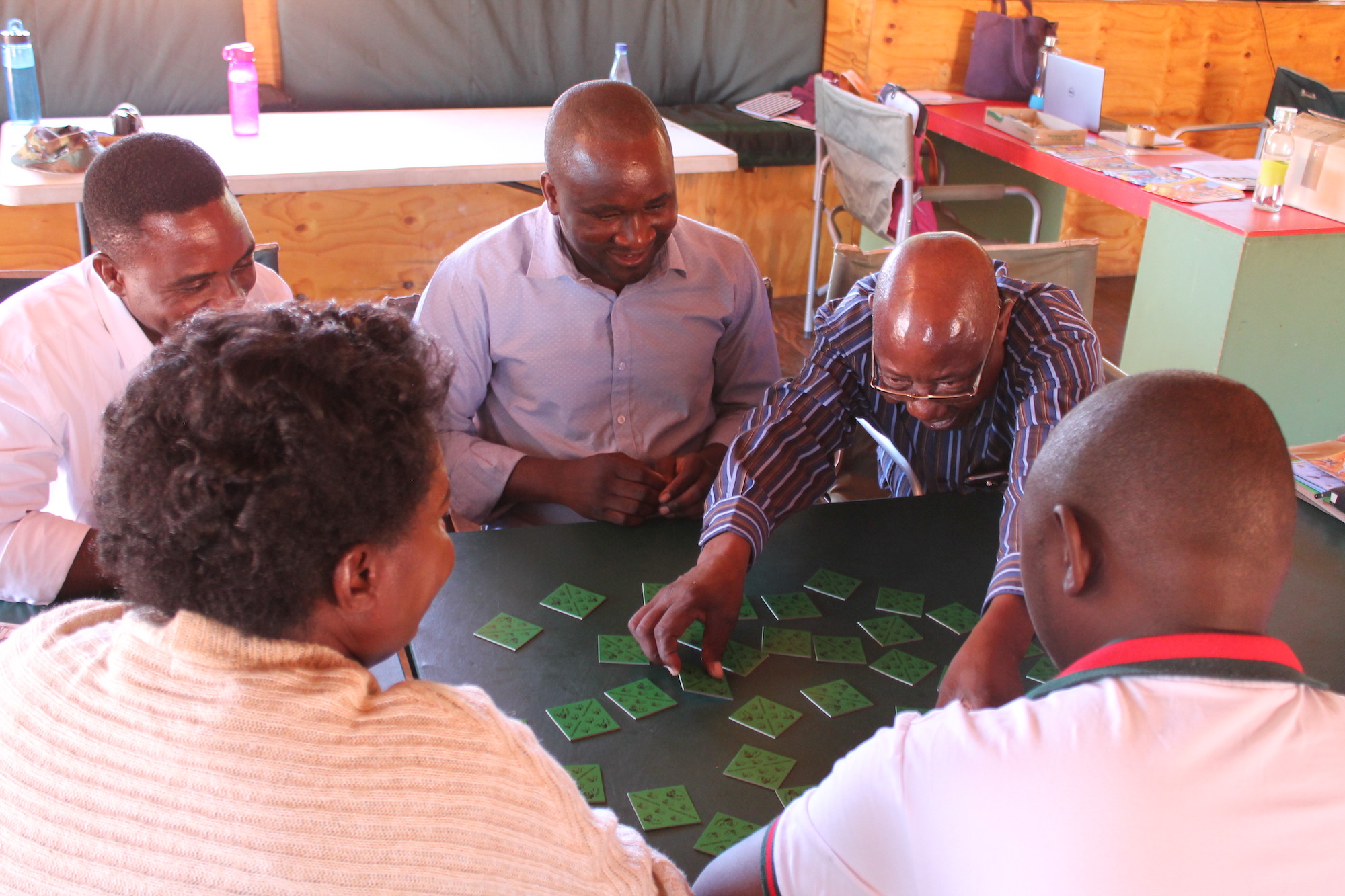
The first phase was sponsored by the Namibian National Commission to UNESCO through the UNESCO Participation Programme, which published and distributed 50 learning packs per language (a total of 150 packs) throughout the country. In the second phase the same number of packs will be distributed (50 per language). However, this time not only to schools, but the English versions will be given to institutions of higher learning where they will be used for training pre-service teachers.
Each pack consists of 50 booklets per topic for children, which means that 2,500 children will benefit in each language group. There are over 18,000 Rukwangali learners and 8,000 Silozi learners in Grades 1-3 alone. Although these printed packs will not be enough for each learner, soft copies will be available for teachers to print out for their classes. A representative from the National Institute for Educational Development who took part in one of our workshops appreciated this project, saying: “There are not enough children’s resources in Silozi”.
NaDEET is committed to supporting the national school curriculum and the Namibian government’s education efforts. All of the school programmes we offer are therefore developed in line with the national school curriculum.
About NaDEET:
The Namib Desert Environmental Education Trust (NaDEET) offers Education for Sustainable Development programmes to primary and secondary school children, educators, youth and community groups. NaDEET is a small but vibrant non-governmental non-profit organisation whose mission is to protect the natural resources of Namibia by educating its citizens to practice a sustainable lifestyle. For over 15 years NaDEET has offered unique hands-on experiential learning opportunities through educational programmes presented at the NaDEET Centre on the NamibRand Nature Reserve. Four main themes are covered: biodiversity, water, energy and waste. Although our main operations are based in the Hardap Region, participants come from all over Namibia. To date, over 14,000 Namibians haven taken part in over 400 of our educational programmes. In 2018 NaDEET was awarded the UNESCO-Japan Prize on Education for Sustainable Development. This international prize is awarded annually to only three outstanding projects and programmes worldwide.
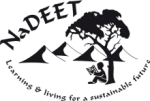
Find out more about
Namib Desert Environmental Education Trust
and their work in Namibia here:
www.nadeet.org

For articles on similar topics, please click one of the following options:
If you enjoyed this page, then you might also like:
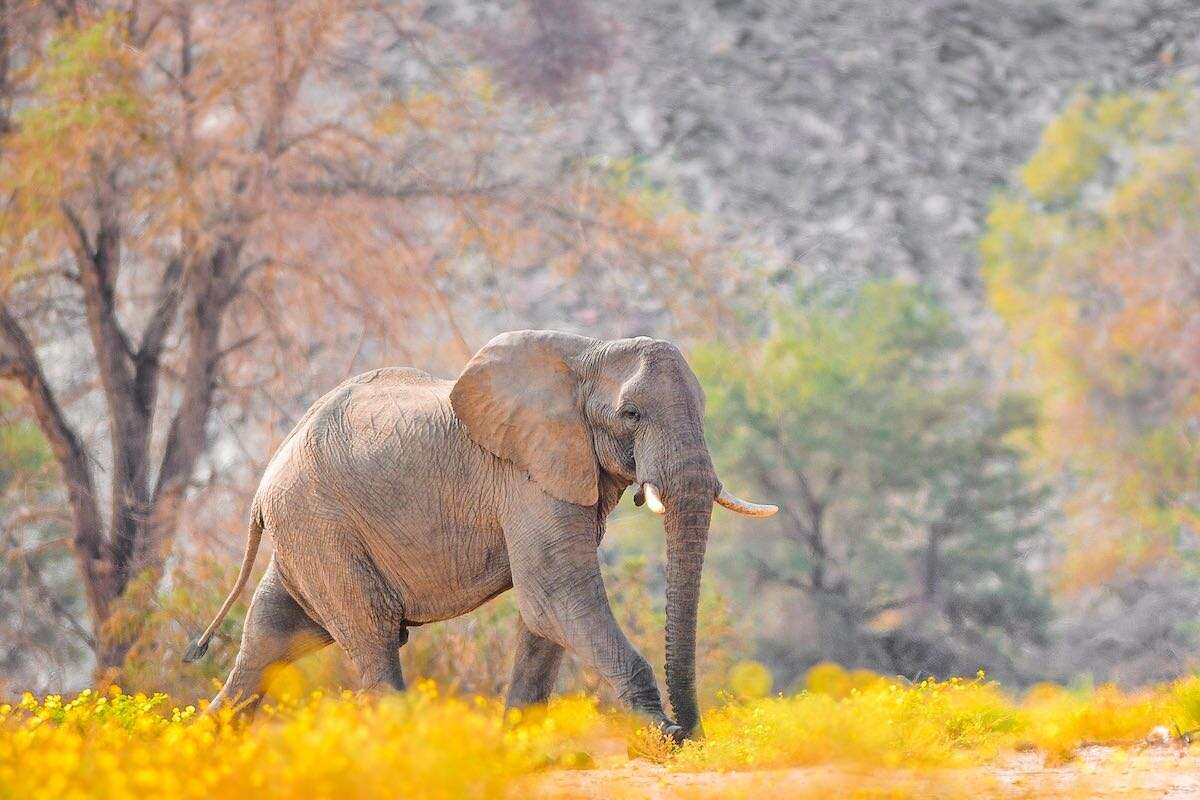
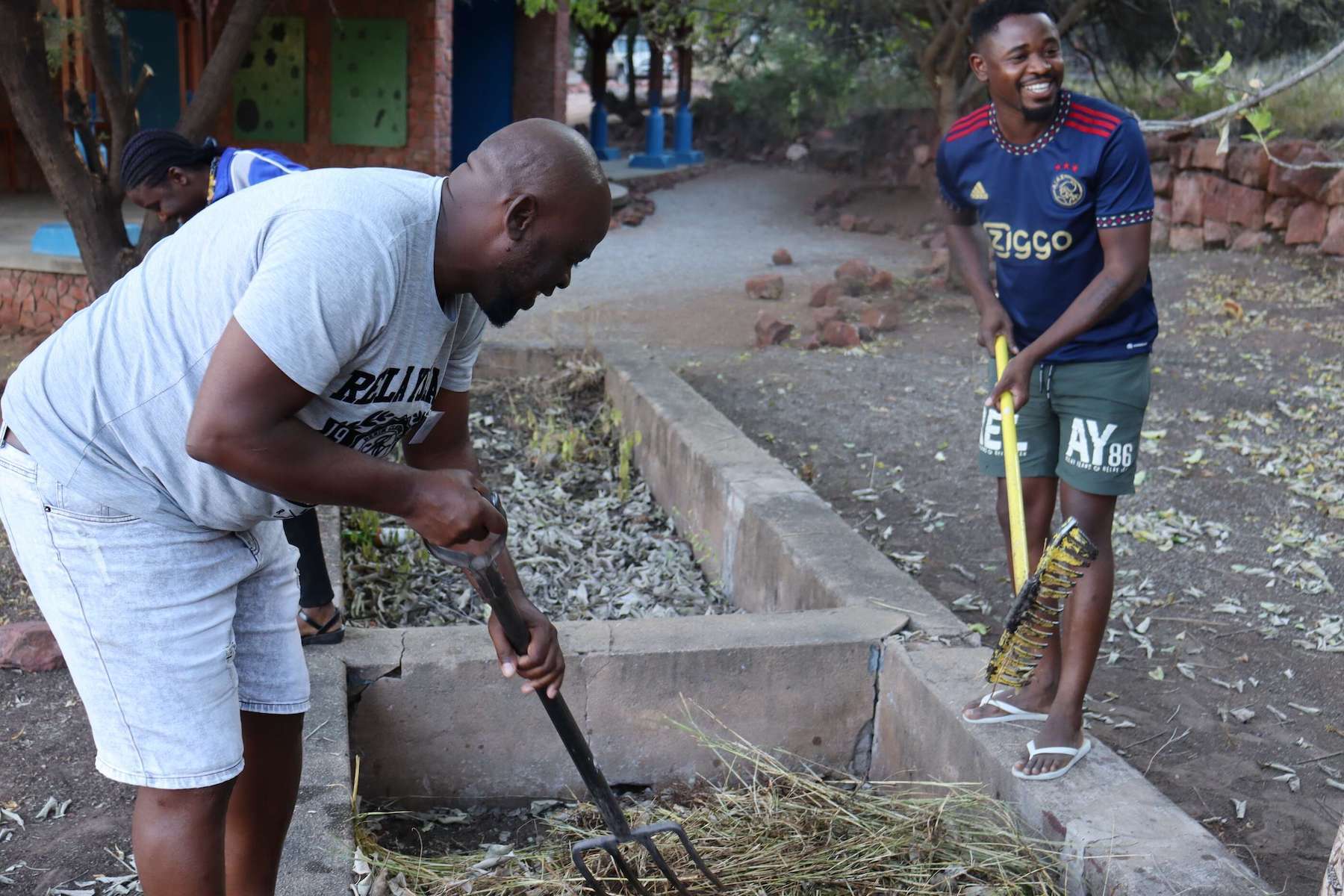
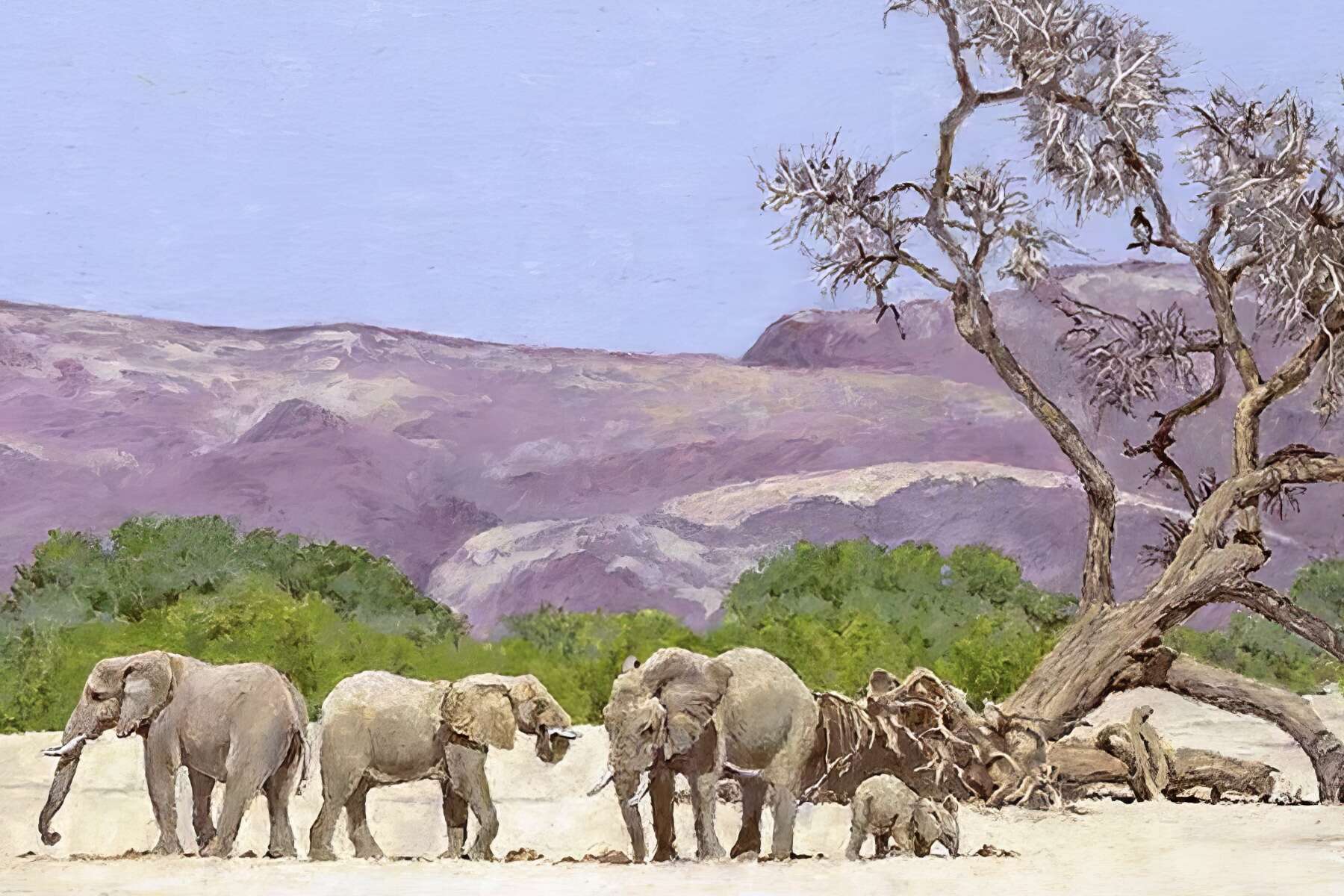
For more great articles from Conservation Namibia see below...
Conservation Namibia brought to you by:
We use cookies to monitor site usage and to help improve it. See our Privacy Policy for details. By continuing to use the site, you acknowledge acceptance of our policy.
